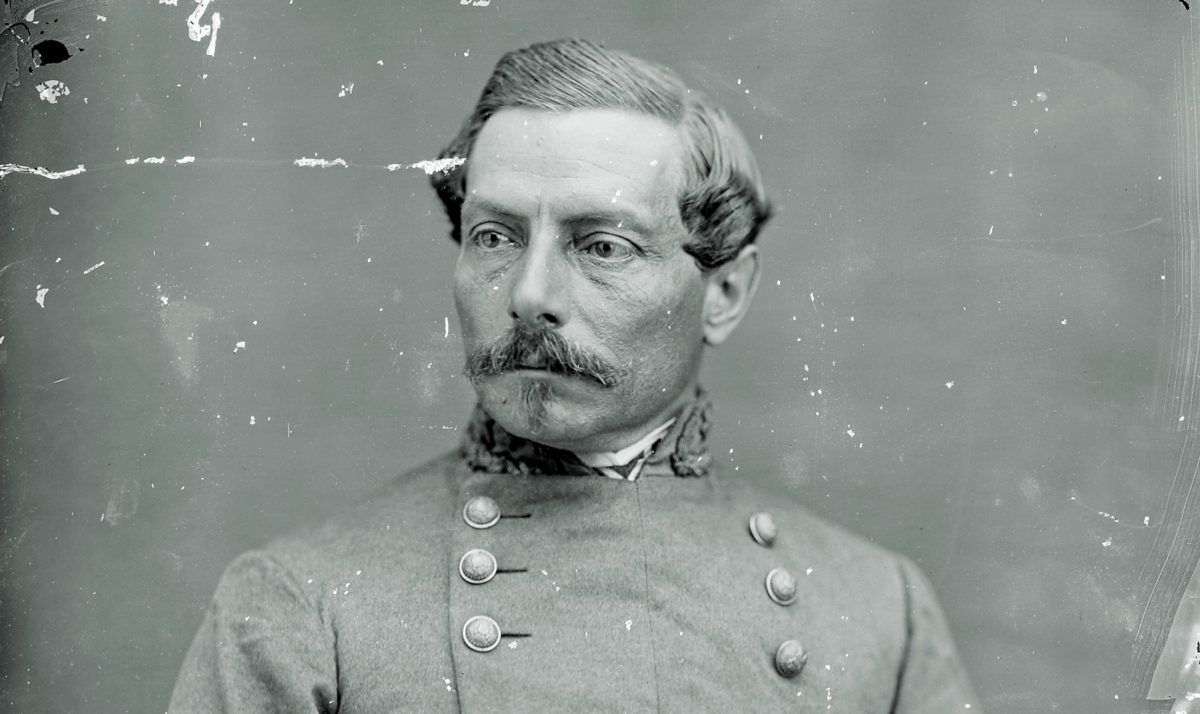“Dreams of Victory” is an updated treatment of one of the Confederacy’s most misunderstood generals, Pierre Gustave Toutant Beauregard. He appears throughout the war, including as the commander of the forces that fired on Fort Sumter to providing fierce resistance against the Federals during the 1864 Bermuda Hundred Campaign.
An 1838 West Point graduate, Beauregard rose to prominence and eventually was chosen as the superintendent of his alma mater in early 1861. Unfortunately, the appointment lasted only four days before he was removed from the office. Despite a long-standing feud with Confederate President Jefferson Davis, Beauregard continued to be involved in the Confederate war effort for four years. He would be at many of the South’s crucial events during his tenure, notably participating at the First Battle of Manassas in July 1861 and holding command of the Army of the Mississippi after Gen. Albert Sidney Johnston was killed at the Battle of Shiloh in April 1862.
In one of Beauregard’s most brilliant moves, he saved his army entrenched at Corinth, Mississippi, by deception. The commander deftly ordered some units to prepare three days’ rations and get ready for an attack. As Beauregard expected, several men deserted and relayed this news to their Union captors. Beauregard arranged for men to cheer when trains arrived, giving the Federal troops the idea that the Confederates were receiving reinforcements, when in fact they were evacuating their wounded. “Quaker guns” (logs painted black) were positioned to give the appearance that the Confederates had an influx of heavy guns. Musicians would drum all night while simultaneously keeping the campfires going.
The hoax worked, and Beauregard slipped his entire army out of harm’s way during the night. After recovering from an illness, Beauregard took over the defense of Charleston, South Carolina.
Sean Chick hits on all the important aspects of Beauregard’s military career and then follows his postwar career until his death in 1893. Some of the treats of this book are the excellent appendices. Not only do they cover the general’s activities after the war but also those of his son, Rene. The younger Beauregard became a renowned artillerist, serving late in the war as his father’s aide alongside his brother, Henri. Chick even gifts us a wonderful history of the P.G.T. Beauregard statue in New Orleans and its recent controversies.
I highly recommend this volume as a super introduction the Louisiana’s Creole general, and I hope Chick gives us a lengthier version of this biography in the future. It is good for beginners and seasoned historians as well, often citing obscure facts in Beauregard’s career.
historynet magazines
Our 9 best-selling history titles feature in-depth storytelling and iconic imagery to engage and inform on the people, the wars, and the events that shaped America and the world.


